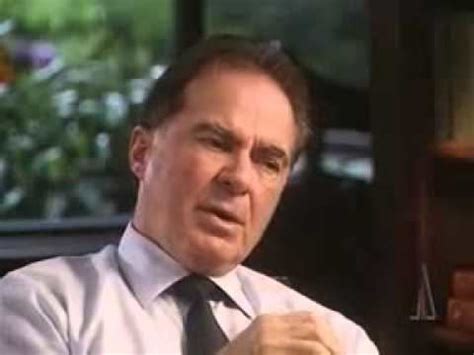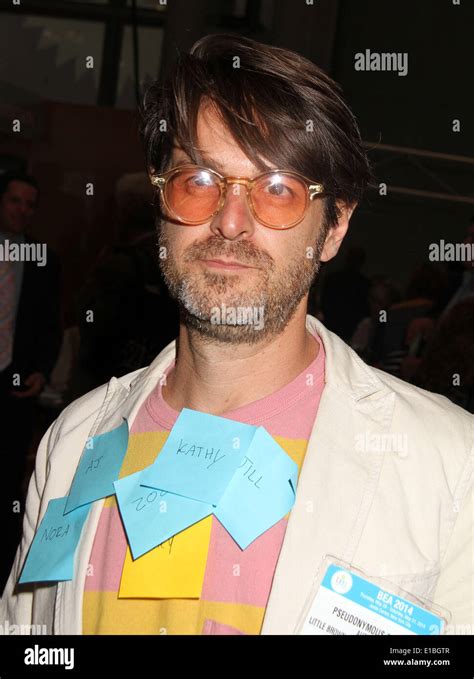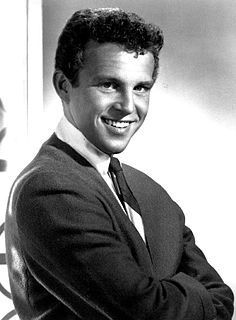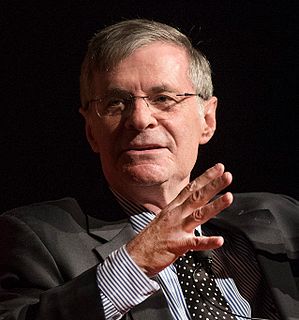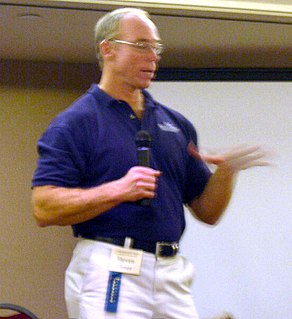A Quote by Alan Gerry
The 1960s were really a life-changing time.
Related Quotes
But there were other, vaguer, harder-to-pin-down feelings, like: a pit in the stomach that means something is either really good or really bad or both. A feeling of being old and young at once. A sense of beginnings and endings happening at the same time. A certainty that your life is changing, but an uncertainty about how it's changing and whether you want it to.
You can slow time down by traveling. That month from Shringar to the Taj Mahal is like a year in my life currently. Really, time is a measure of change, in a vacuum time doesn't exist because nothing's changing. If you can pack your life full of interesting changes you stretch it out. So if you want to live longer, have a really interesting life.
I think I was lucky to come of age in a place and time - the American South in the 1960s and '70s - when the machine hadn't completely taken over life. The natural world was still the world, and machines - TV, telephone, cars - were still more or less ancillary, and computers were unheard of in everyday life.
The 1960s was probably the first time in history that young people were recognized as a big group of consumers and as a commercial proposition for Madison Avenue. Advertising played a major role in creating the ethos of that era - the idea that, "Here it is, and you can have it now." I know that many kids thought that the ethos of the 1960s was due to their own peculiar virtues, but, in fact, it had a lot to do with the realities of the marketplace and commerce.
It was a wonderful time to be young. The 1960s didn't end until about 1976. We all believed in Make Love Not War - we were idealistic innocents, darling, despite the drugs and sex. We were sweet lovely people who wanted to throw out all the staid institutions who placed money and wars above all else. When you're young you think that's how life works. None of us were famous, we were broke. We didn't think they'd be writing books about us in 30 years. We were just kids doing the right thing.
There are parallels between the 1960s and now, because during the 1960s, people were being slaughtered, their lives were being taken, there was violence, greed, drugs were rising - just all of this. And my uncle was saying, you've got to come back to faith, hope and love. Now, you get the translation and say faith, hope and charity - faith, hope and love.
